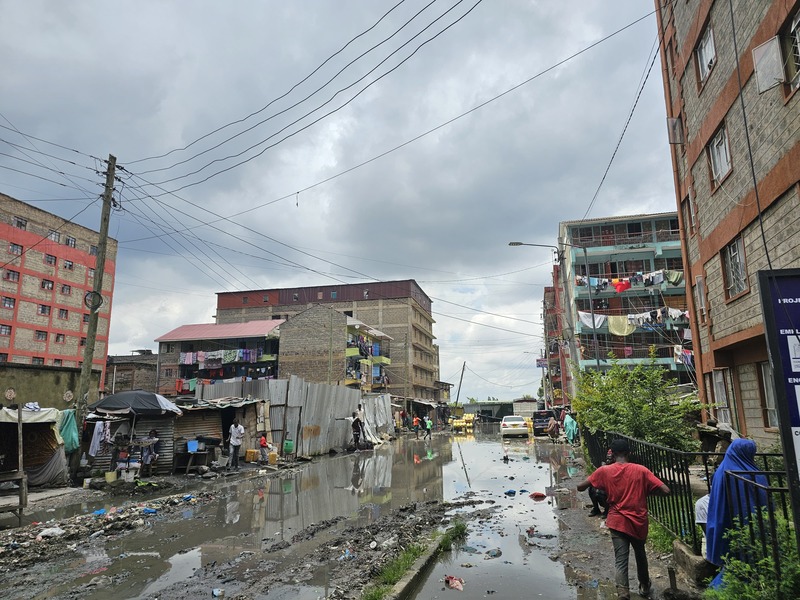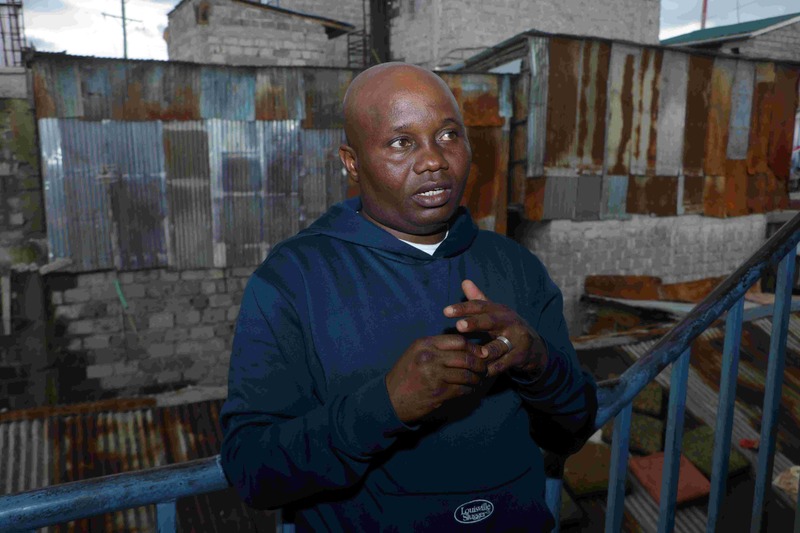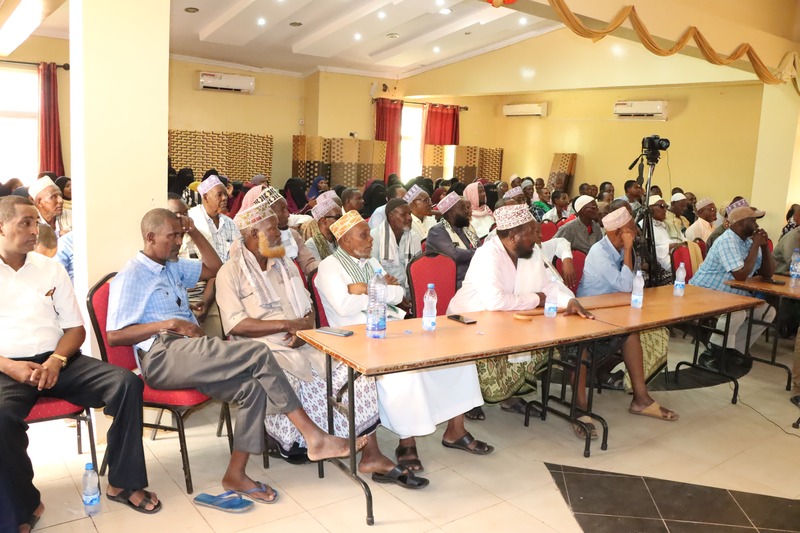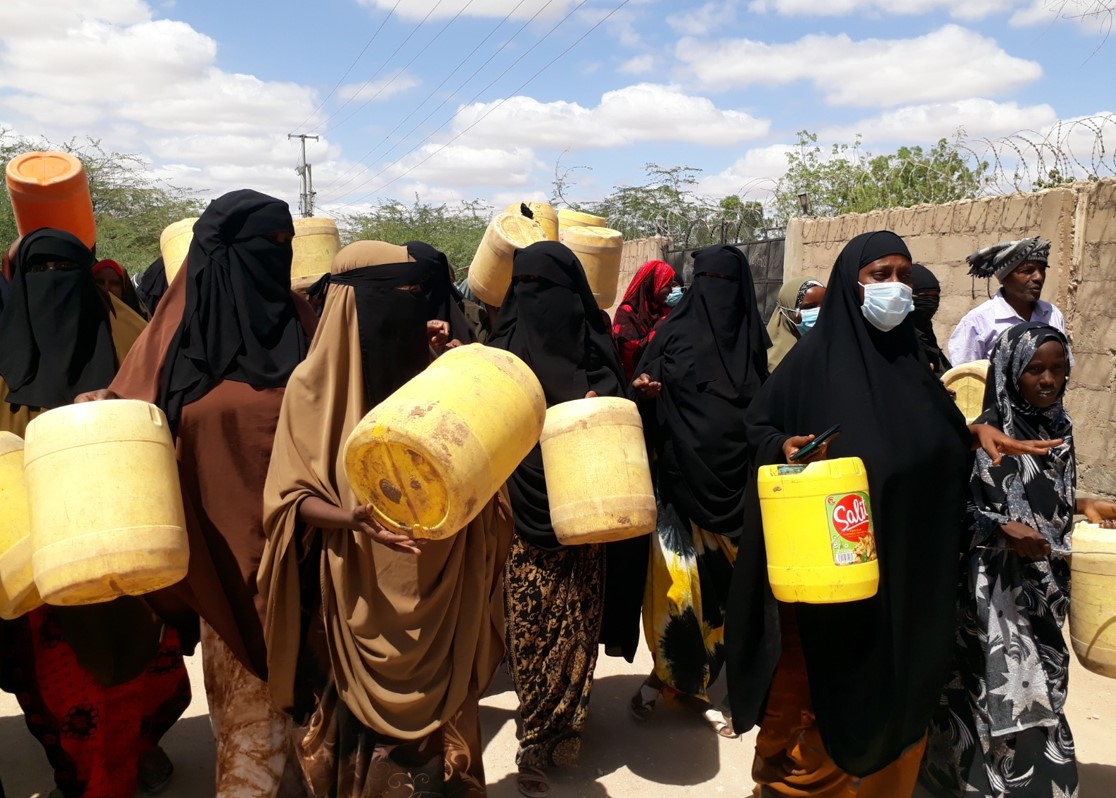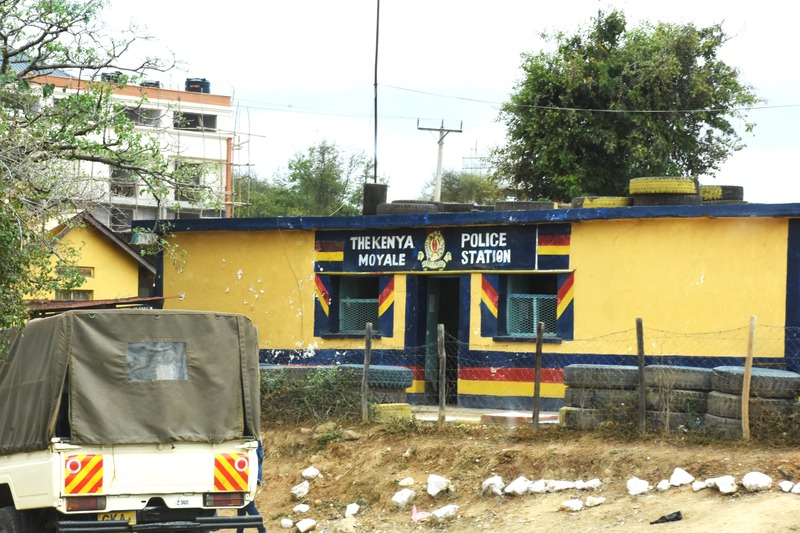How the allure of Eastleigh’s tourism is attracting travel agencies
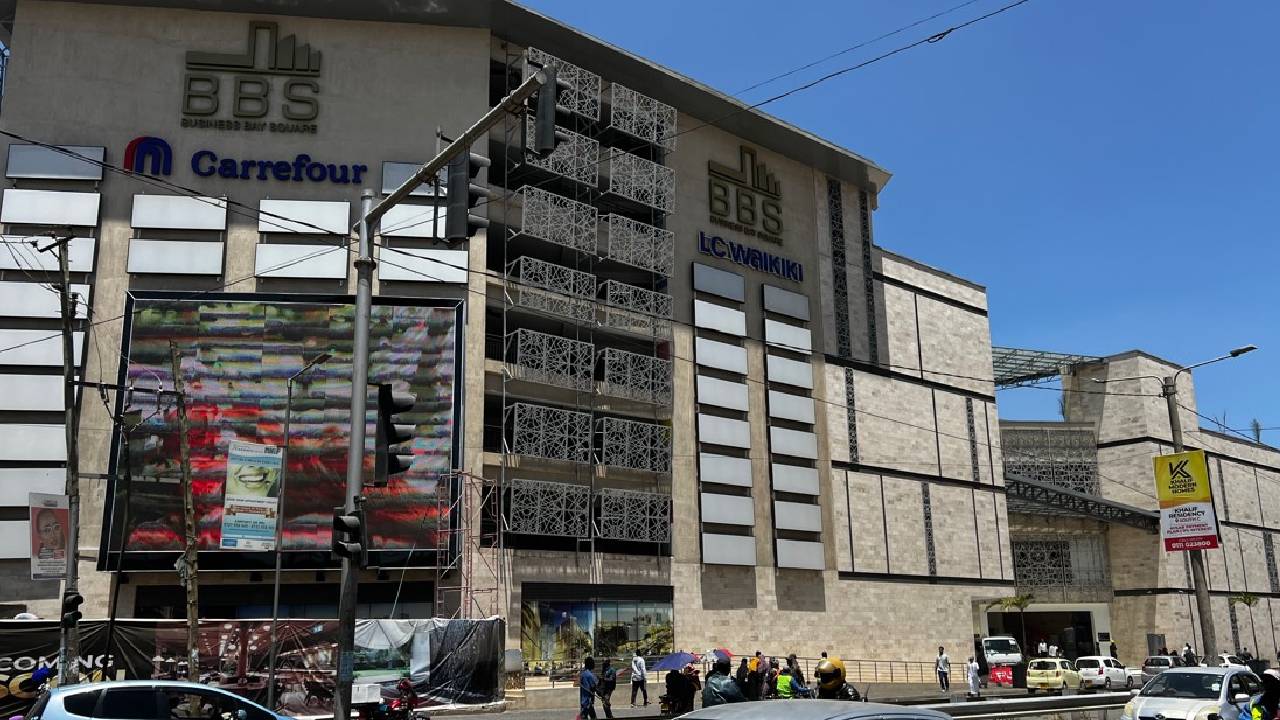
By Albert Mwazighe |
The image of Eastleigh has been significantly transformed, with a rich cultural heritage attracting thousands of people every day in search of unique experiences.
Every week, Hajir Musse, a travel agent, gets an assignment from his company, Kahiye Tours and Travel Agency, to take visitors from various parts of the world to tour Nairobi’s Eastleigh.
After travel restrictions imposed following the outbreak of the COVID-19 pandemic were lifted, the company started receiving a lot of inquiries from people across the globe wanting to visit Eastleigh for various reasons.
Keep reading
Some were members of the Somali diaspora wanting to visit their friends and families residing in Eastleigh.
Others were people who wanted to come to Eastleigh for business. Yet others were tourists seeking to see the beautiful sites of Eastleigh that they had been seeing online.
“Many of these people were coming from countries speaking different languages. The company needed someone who could translate and explain to them where to get what they needed. That’s how I got the job as a travel agent,” Hajir told The Eastleigh Voice.
Hajir can speak four different languages: Somali, English, French and Kiswahili. The company he works for has employed 10 other agents to meet the rising demand from tourists wanting to visit Eastleigh.
“A few years ago, a few thought of Eastleigh as a place worth visiting for tourism activities. The company did not need agents like us, as they would only facilitate transportation of cargo,” said Hajir.
Image change
Previously, Eastleigh was seen mainly as a hub for economic activities, where quality merchandise could be obtained from the various shopping malls found here at a bargain.
The estate also had the negative tag of being a breeding ground for crime and other illicit activities, one not worth visiting by anyone who valued their safety and security. But all that has changed.
Today, the image of Eastleigh has been significantly transformed, with a rich cultural heritage attracting thousands of people every day in search of experiences that they could only get in other prominent holiday destinations such as the Kenyan Coast.
“The beauty of Eastleigh is that there are attractions that can appeal to both visitors looking for something simple and those looking for something sophisticated,” noted Hajir.
When you walk through the streets of Eastleigh for instance, you will notice a peculiar habit of the residents to gather outside restaurants and sip tea as they chat.
This habit by the residents, borrowed from Somalia, where many in Eastleigh come from, is fascinating to many visitors as it contrasts with the fast-paced life of the capital city.
Then there is the Somali culture, which attracts Somalis from the diaspora wanting to reconnect with their heritage. Eastleigh offers tastes and experiences that these people cannot find in America, Europe or Asia.
“For instance, in the West, they cannot (easily) get delicacies such as camel meat or camel milk, popularly known as caano geel here. It is very rare, which makes it expensive there,” Hajir said.
Arts and culture
Eastleigh also offers visitors a rare opportunity to witness the things that they only see on YouTube for example, such as traditional Somali art and dances, popularly known as ciyaa’ in the native language.
People also experience Somali music, which is composed using traditional instruments.
“Witnessing these performances firsthand gives the Somali diaspora a feeling of belonging. They become connected to their roots. Other visitors get to understand the Somali culture better,” said Hajir.
Others visit Eastleigh for a short time to take their children to the dhaqan celis or cultural rehabilitation centres, where they are taught Muslim values that have been diminishing in most countries in the West. In the Somali diaspora, dhaqan celis, which means “return to culture," is popular with parents who feel their children have become too westernised.
These attractions found in Eastleigh and the resulting tourism have become a source of income for many, including residents and people like Hajir who come from other parts of the country.
Every day, hundreds of people come to Eastleigh to work as chefs and attendants in the hotels found here.
Several travel agencies offer scheduled chartered flights from Nairobi to places like Galkaio, Hargeisa, Kismaio and Garowe, while others provide domestic and international flights.
Religious pilgrims from Somalia and other countries within East Africa, who use Eastleigh as a connecting point before going for Hajj and Umrah spiritual journeys in Mecca and Medina, also generate business for travel agencies and hoteliers who have set up business here.
“All Muslims must visit Mecca at least once in their lifetime, so this has been a big part of our business,” said Hajir.
Similarly, logistics companies and taxi drivers deliver parcels and cargo to various destinations, as well as transporting tourists across Eastleigh.
The growth in visitor arrivals to Eastleigh has become a major contributor to the country's foreign exchange earnings.
Somalis from the diaspora also use Eastleigh as a place to rest and strategise before and after travelling to Somalia.







